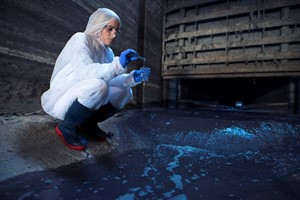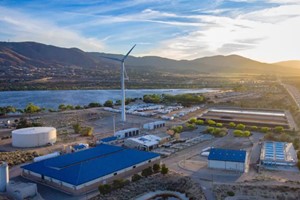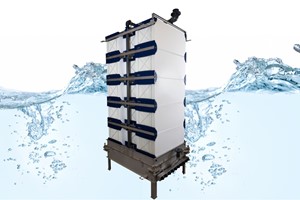The Michigan Department of Environment, Great Lakes, and Energy (EGLE) recently unveiled a substantial investment of $67.1 million in MI Clean Water grants. Aimed at fortifying water infrastructure across the state, these grants represent a crucial step towards ensuring the provision of safe and reliable water resources for Michigan residents. Supported through the Drinking Water State Revolving Fund (DWSRF) and the federal American Rescue Plan Act (ARPA), these grants underscore the government's commitment to addressing pressing water infrastructure needs.
The grants allocated through the DWSRF encompass a range of projects aimed at modernizing and upgrading water systems in various municipalities. For instance, the City of West Branch has been granted $18 million for a comprehensive project involving the replacement of outdated water mains, construction of a new water tower, and improvements to existing wells. Similarly, the Detroit Water and Sewerage Department received $17.51 million to rehabilitate vintage cast iron water mains and replace lead service lines in several neighborhoods, thereby enhancing water quality and infrastructure resilience.
In addition to DWSRF grants, EGLE has earmarked funds through the ARPA to address specific water infrastructure challenges. The City of Lincoln Park is set to receive $2.5 million for the replacement of lead water service lines, a critical measure in safeguarding public health from lead contamination. Similarly, Delta Charter Township has been allocated $10 million to construct a parallel force main, augmenting sewer capacity and bolstering system reliability.
Furthermore, EGLE's allocation of $10 million to the City of Hamtramck underscores the importance of addressing aging water infrastructure. This initiative involves the replacement of water mains and lead service lines, ensuring the delivery of clean and safe drinking water to residents. Additionally, Macomb County's $5 million grant for sewer interceptor construction signifies efforts to mitigate combined sewer overflows and protect water bodies such as Lake St. Clair.
The recent allocation of MI Clean Water grants reflects a concerted effort by EGLE to revitalize Michigan's water infrastructure. By leveraging funds from the DWSRF and ARPA, the state is taking proactive steps to address pressing water quality and infrastructure challenges. These initiatives not only enhance the resilience of water systems but also safeguard public health and environmental integrity. Moving forward, continued investment in water infrastructure will be essential to ensure sustainable access to clean and safe water resources for all Michiganders.














